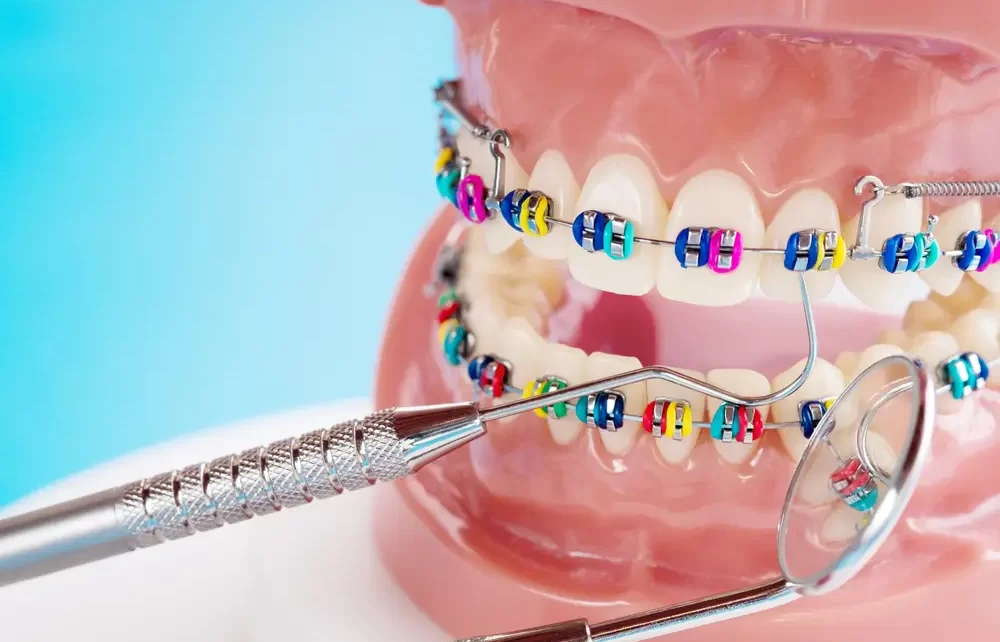Oral cancer is a serious and possibly life-threatening condition that affects the mouth and throat. Early detection and treatment are crucial for improving outcomes and reducing the risk of complications. Understanding the symptoms, risk factors, and prevention strategies associated with oral cancer can help individuals take proactive steps to protect their oral health. However, you should also visit Abu Dhabi dental clinic for better consultation and treatment.
Symptoms of oral cancer:
The signs and symptoms of oral cancer may vary depending on the location and stage of the disease. Common symptoms include:
- Persistent mouth sores or ulcers that do not heal.
- Red or white patches on the gums, tongue, or lining of the mouth.
- Swelling, lumps, or thickening of the oral tissues.
- Difficulty chewing, swallowing, or speaking.
- Chronic sore throat or hoarseness.
- Pain or numbness in the mouth or throat.
It’s essential to seek prompt medical attention if you experience any of these symptoms, as early detection significantly improves the chances of successful treatment.
Risk factors for oral cancer:
Several factors can increase the risk of developing oral cancer. These include:
- Tobacco use, including smoking cigarettes, cigars, pipes, and using chewing tobacco or snuff.
- Heavy alcohol consumption.
- Human papillomavirus (HPV) infection, particularly HPV-16 and HPV-18.
- Prolonged sun exposure, which can lead to lip cancer.
- Poor oral hygiene and lack of regular dental check-ups.
- A diet low in fruits and vegetables.
- Previous history of oral cancer or other head and neck cancers.
Prevention tips:
While certain risk factors for oral cancer, such as genetics and age, cannot be changed, several preventive measures can help reduce the risk of developing the disease:
- Avoid tobacco products in any form and limit alcohol consumption.
- Practice good oral hygiene by brushing your teeth twice daily, flossing regularly, and using an antimicrobial mouthwash.
- Limit sun exposure by wearing protective clothing, hats, and lip balms with SPF when outdoors.
- Eat a balanced diet rich in fruits, vegetables, and whole grains, and limit processed foods and sugary snacks.
- Schedule regular dental check-ups and oral cancer screenings with your dentist or healthcare provider.
Discuss HPV vaccination with your healthcare provider, particularly for adolescents and young adults.



